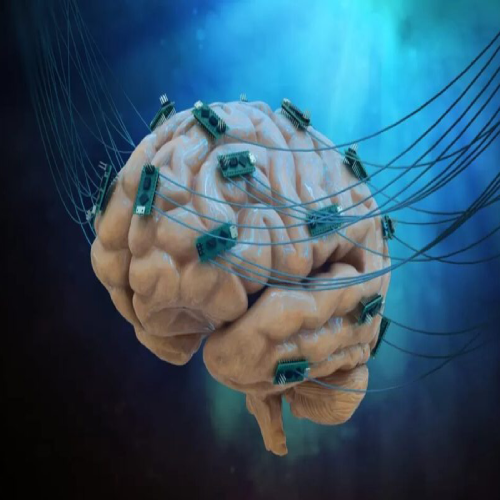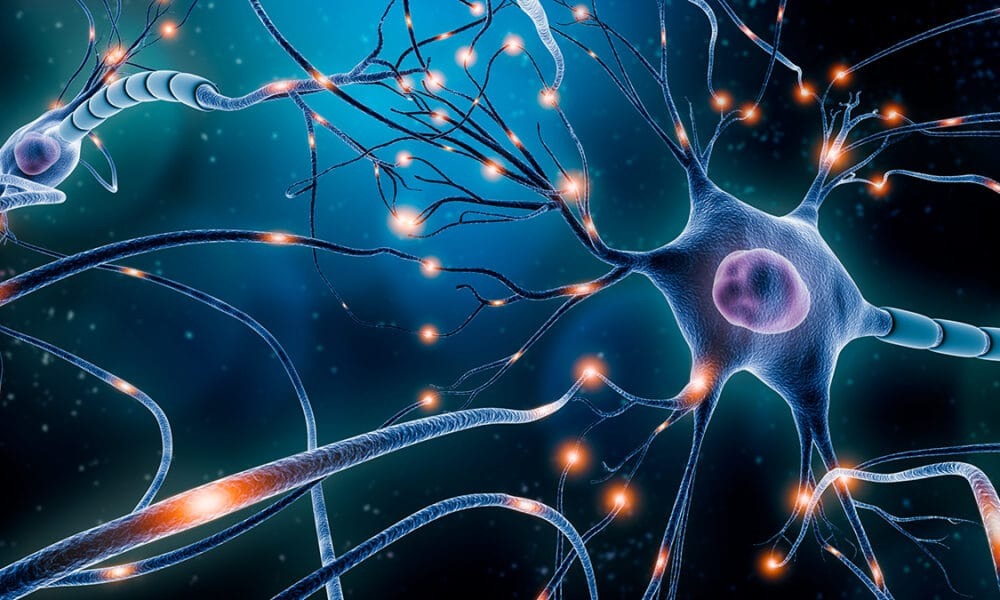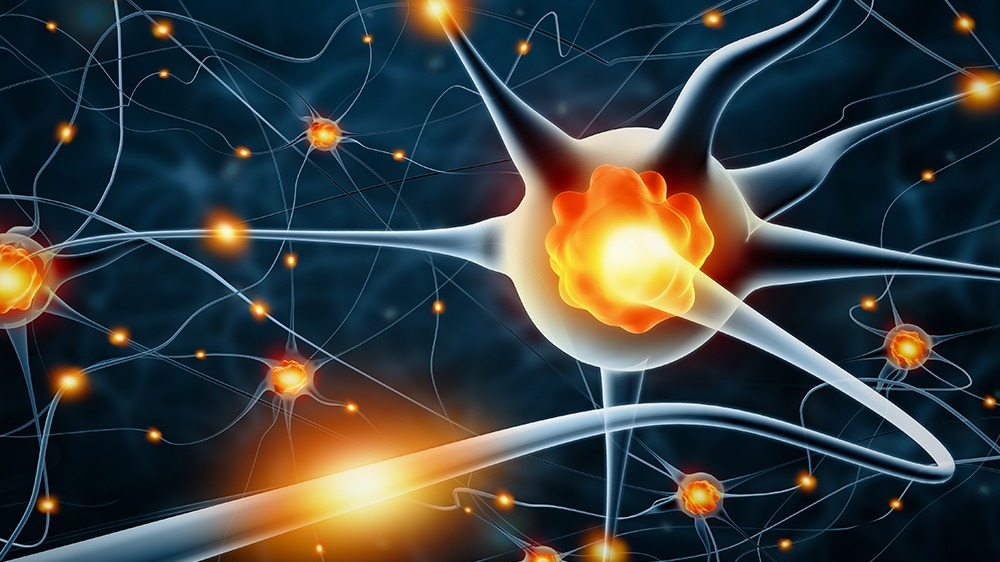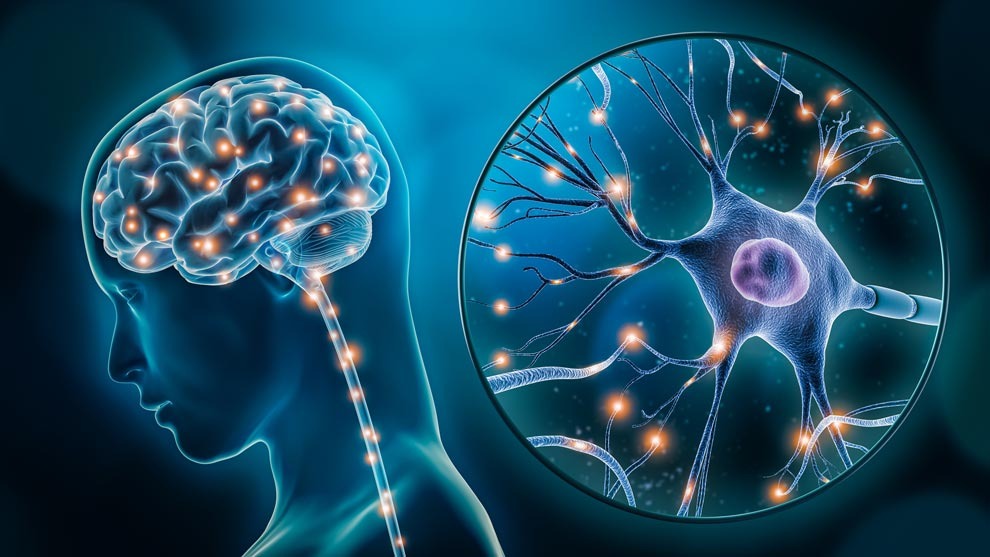TMS has been shown to have different effects on
the central nervous system, being the most
impact the following:
Neuromodulation
Communication between neurons is carried out by the recognition of chemical signals (neurotransmitters) between neurons. These chemical signals are transformed into electrical impulses that in turn modulate the release of neurotransmitters.


Neuroplasticity
It is the ability of the brain to reorganize itself and form new nerve connections necessary for maintain optimum performance. TMS promotes long-term potentiation (LTP) and long-term depression (LTD), cellular processes that play an important role for the formation and/or rupture of neural connections.
Neurogenesis
It is the formation of new neurons. usually happens in a balanced and factor-controlled manner epigenetic. However, in certain factors lead to the imbalance between neurogenesis and apoptosis, favoring there is further damage and/or neuronal death. studies in Animal models have found that TMS promotes expression of the gene BDNF (derived neurotrophic factor brain) which in turn favors the synthesis of the factor of neurotrophic growth.


Neuroprotection
In some pathologies, brain malfunction is caused by the accumulation of reactive species of the oxygen (ROS) which in turn trigger a series of reactions that alter the integrity of lipids, carbohydrates and brain proteins. Many neurological diseases have been associated with problems with neuroplasticity. According to Medina. F. and his collaborators, the TMS therapy to molecular level induces the activation of different mechanisms of neuronal repair that as a general result decrease ROS and improve brain integrity.
